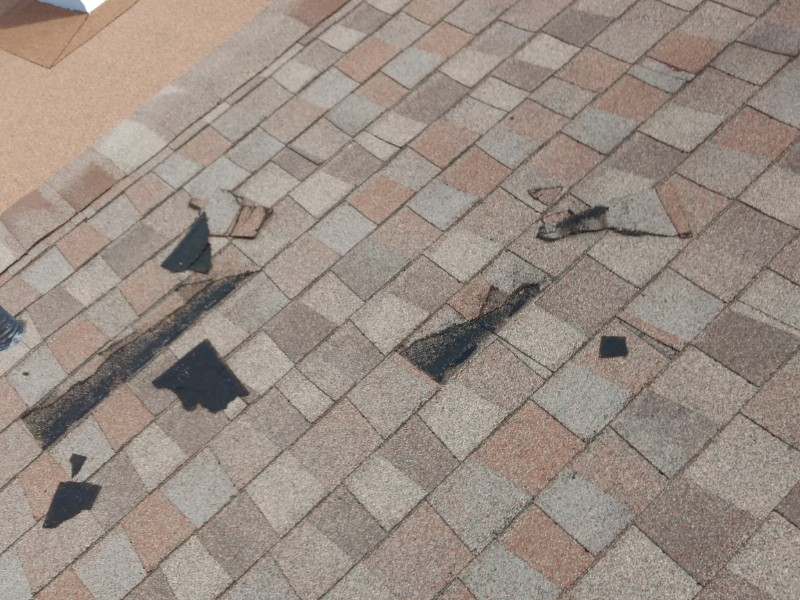Raccoons in the Attic
There are many different signs of raccoons in the attic. Before you try to figure out how to get rid of raccoons in the attic you must confirm that you actually do have raccoons in the attic and that you are dealing with raccoons and not another animal. You can do this by reading through my Feces Identification Guide and by checking out pictures of raccoons in the attic. When you have determined that there are raccoons in your attic or on your property, be sure to call a professional animal control team such as Centurian Wildlife Control to provide you with a free inspection and plan to remove the animal moving forward.
Once it is confirmed that you have found raccoons in your attic, the first thing that I like to look at is the raccoon poop. Raccoon poop is different than other animal poop because it is normally about three quarters of an inch to an inch in diameter and raccoon poop also has berries in it. Raccoon poop will generally only be in one area; this is called a latrine. For more information about raccoon poop please check out my raccoon poop page.

Another thing that I like to look for is damage that raccoons create when they are in your attic, on your roof or on the soffits pulled down. Did the raccoon try to get into your house, rip up the shingles and walk around the exterior of your home? Raccoons are a pretty good-sized mammal and their claws are very big and raccoons are actually strong, so if you see damage that looks quite extensive on your home, roof or soffit, chances are you're dealing with raccoons in the attic and not opossums or squirrels. Raccoons can cause serious damage to the roof and damage to the attic. Raccoons also cause damage to the soffit. Raccoon damage is not generally covered by insurance; because of this you want to hire a professional raccoon removal company. Read some of my tips on hiring a good professional raccoon removal company and what to look out for.
Raccoons make a lot of noises when they're in the attic or around your home. You can actually look at some of my YouTube videos and read more about the sounds that raccoons make when there raccoons in the attic. One reason you may hear raccoons in your attic is when a mother raccoon is calling for their babies; you will need to get those raccoons removed once it has been confirmed that you are dealing with raccoons. Your wildlife removal company will then set raccoon traps and use the right type of bait for raccoon trapping. I have a whole page dedicated to raccoon trapping if you are interested in learning tips on how to get rid of raccoons in the attic, what type of bait to use to trap and catch raccoons, as well as what to do once you actually caught them. Raccoons are most active at night so chances are if you set a raccoon trap during the day you're more than likely have it in the trap by the next morning because the raccoon is out at night looking for food and scavenging. I have years of training in raccoon removal and identifying the signs of raccoons in your attic. I have my degree and background and Wildlife and Entomology from the University of Florida as well as I've been in the field studying raccoons for over 5 years. If you have any questions about the signs of raccoons in your attic give me a call. My name is Brendan Mangnitz with www.CenturianWildlife.com and I am always happy to help!
